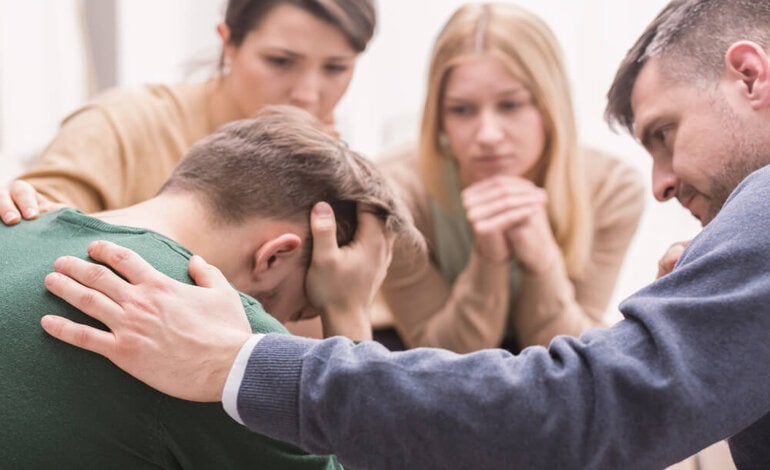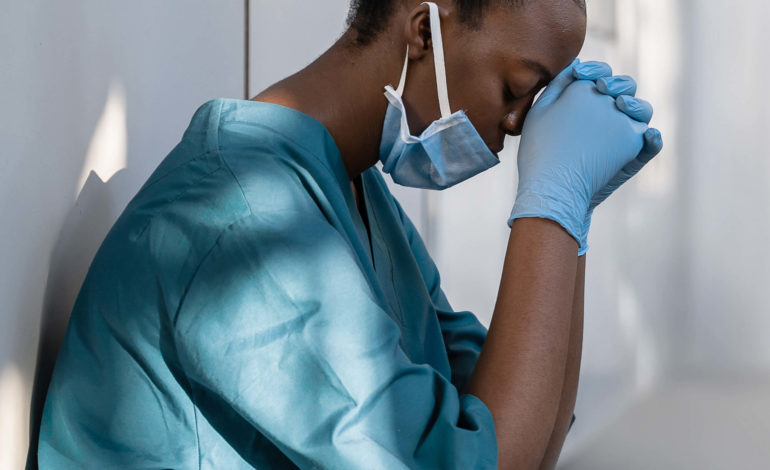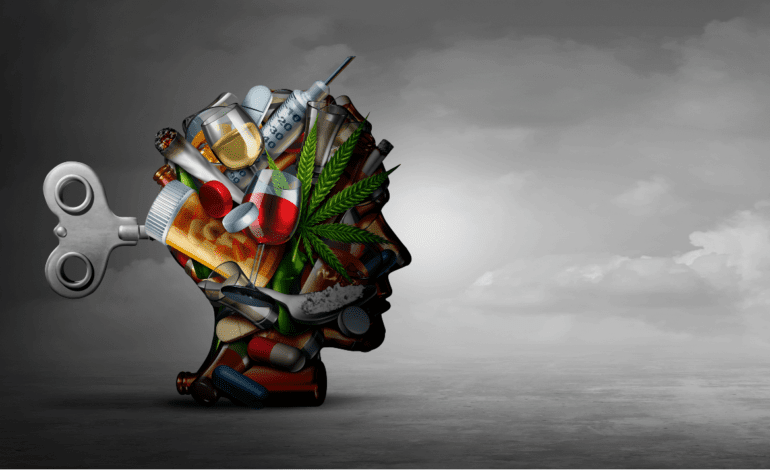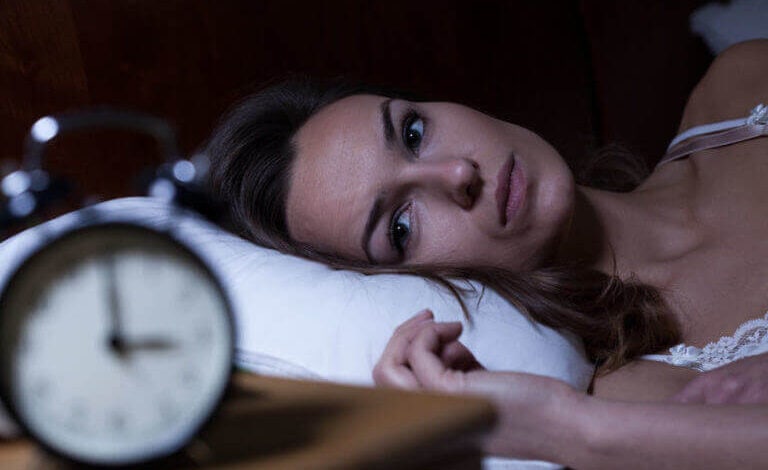Addiction is a family disease, meaning that if an individual is struggling with a substance use disorder, it will affect the rest of the family in various ways. As they respond with a wide range of coping mechanisms, their reactive behaviors influence their loved one who is struggling with addiction. The family dysfunction that results from addiction operates in a vicious cycle, just like the addiction itself. Family members will blame each other, the family dynamic may completely change, the family may become torn apart, or each family member will often take on a specific dysfunctional role related to the addiction. These roles are unhealthy and can often be viewed as coping mechanisms.
The Dependent
This individual is commonly known as the “Addict” as it is often the individual struggling with a substance use disorder. This person is living in a constant state of stress and chaos, and as a result, alcohol and drugs are the primary coping mechanisms that this individual uses to get through each day. The dependent is often the “center point” of the family dynamic, and as a result, each family member’s role will change to accommodate the dependent. The dependent often relies on other family members to get them out of a bind or cover up a lie or help them through a relapse. The dependent repeatedly will need other family members to morph into dysfunctional roles for the dependent to be successful in continuing their addictive behaviors. Once the family members disengage from their dysfunctional roles and either host an intervention or take a step away from their loved one, the dependent realizes they must enter treatment, as they can no longer depend on their family members to hide and enable their behaviors. The healing process usually begins when the dependent enters recovery.
The Enabler
The enabler will try to smooth things over, hide things under the rug and defend the “dependent” in hopes to protect the dependent, and cover up the addiction. The enabler will deny there is a problem, make excuses for the dependent, bail the dependent out of jail, and may even provide the dependent with drugs and alcohol or money to purchase these items. The enabler’s goal is to “protect” their loved one when, in reality, they are actually causing an insurmountable of harm and worsening the addiction.
The hero
The hero is usually a successful family member, whether that is successful in school or in a career. The hero tries to make the family look good and has the natural drive to “do everything right”. They strive for perfectionism and will try anything to bring the family together to have a “sense of normalcy” as a way to hide the family’s dysfunction. Instead of trying to “enable” the addicted family member, the hero will showcase how successful the family unit is by covering up the addiction and showcasing happy moments and providing a sense of hope and encouragement to the rest of the family.
The scapegoat
The scapegoat is the family member who takes all the blame and receives all the entire family’s anger and frustration. They cannot do anything right and, as a result, are constantly blamed and punished for their actions and words, even if they are not in the wrong. Because of this torment, the scapegoat is at risk for depression, anxiety, and substance use disorders.
The lost child
The lost child is the family member, usually a child that is often ignored. The family is usually so focused on the “dependent” that this family member is often forgotten. They are not ignored on purpose. They receive no attention. This can create a lot of inner turmoil and sadness for the lost child and can lead to mental health and substance use disorders in the future.
The mascot
The mascot is the comedian of the family. Their goal is to make light of the situation, diffuse any anger, and make everyone laugh. The mascot will hide their own feelings and will often be so out of touch with reality and themselves. They usually have trouble with relationships and commitments.
Family members may take other steps toward recovery on their own time as well. Support groups such as Al-Anon, Nar-Anon, Codependents Anonymous, and Adult Children of Alcoholics provide a forum for families to share about their dysfunctional family roles and how addiction has impacted their lives.
AKUA offers support groups and an AKUA Ohana app for family members and loved ones suffering from addiction/mental health issues. Please join us for our support group meetings they are Monday through Thursday 5:30- 6:30 pm
Mondays:.
Link: tinyurl.com/MonOhana
Passcode: 628278
Tuesdays:
Link: tinyurl.com/TuesOhana
Passcode: 5296102
Wednesdays:
Link: tinyurl.com/WedMilSpouse
Passcode: 2GfH3p
Thursdays:
Link: tinyurl.com/ThursOhana
Passcode: 818778
Download the AKUA OHANA App




